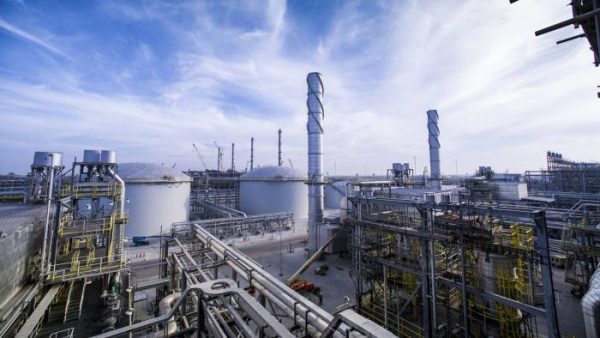
Over the past three years, as Saudi Arabia’s new heir to the throne was plotting his ascendancy, he surrounded himself with public accounts and private advisers who all drew the same conclusion – the kingdom itself was at serious risk if its people didn’t change their ways.
On every front, the house of Saud faced a struggle – that it would probably lose – to retain its grip on a country that was moving towards implosion. Culturally, socially and economically, Saudi Arabia needed an overhaul and Mohammed bin Salman, who sensationally ousted his uncle, Mohammed bin Nayef, as crown prince earlier this year, pinned both his startling rise and eventual legacy to the most comprehensive reform attempt that kingdom has yet seen.
An absolute monarchy with a bloated, inefficient public sector, a huge government payroll and a resistance to change was never going to be an easy target. Add to that a mindset of entitlement among many Saudi young people and low productivity, and the challenges seem close to insurmountable. Central to the young prince’s plan is unlocking wealth and giving its citizens a buy-in. As sweeteners, he has also thrown in cultural reforms, such as opening cinemas, promoting concerts and other enhancements to social life that many Saudis crave.
The partial sale of Aramco – potentially the world’s biggest company – is the centrepiece of his broad privatisation push.

Aramco is one of the world’s most opaque organisations: a state-owned oil conglomerate that holds the keys and secrets to the kingdom. Tapping into its revenue stream is seen by the country’s rulers and investors alike as a vital step to weaning the economy off its near-total dependency on oil.
Its true valuation is being assessed in all the world’s financial capitals, where initial curiosity about the Saudi transformation has started to turn to tangible interest.
Investment-house chiefs and merchant bankers have been regular visitors to Riyadh this year, where bin Salman – a 31-year-old with carte blanche to reform – has hammered home his Vision 2030 plan, which, if successful, would transform more than just the country’s ossified economy.
“This is cultural revolution disguised as economic reform,” one senior minister told the Observer in Riyadh earlier this year. “Everything hangs on it.”
More than 60% of the Saudi population is aged under 30 and among that demographic are large numbers of disenfranchised youngsters dissatisfied with the current social contract, which is bound up in rigidly conservative rules governing social interactions. Entertainment and fraternisation are mostly outlawed. Jobs are few, and often menial. There are fears that in the absence of credible alternatives, extremist groups may provide a lure.
Overhauling the way that Saudis live is intertwined with changing how they work. Despite enthusiasm among many sectors in society, there is broad resentment among other communities to the scale and scope of the plans. “The leadership is significantly less conservative than the base,” said the senior minister. “None of this will be easy at all.
The stakes involved in such a transformation are enormous. But the price of failure may eclipse them all. A juggernaut has started rolling, and the young prince has staked his kingdom on being able to control it.
The Guardian
Note to Ya Libnan readers
Ya Libnan is not responsible for the comments that are posted below. We kindly ask all readers to keep this space respectful forum for discussion
All comment that are considered rude, insulting, a personal attack, abusive, derogatory or defamatory will be deleted
Ya Libnan will also delete comments containing hate speech; racist, sexist, homophobic slurs, discriminatory incitement, or advocating violence, public disorder or criminal behavior profanity , crude language and any words written in any language other than English.

Leave a Reply
You must be logged in to post a comment.